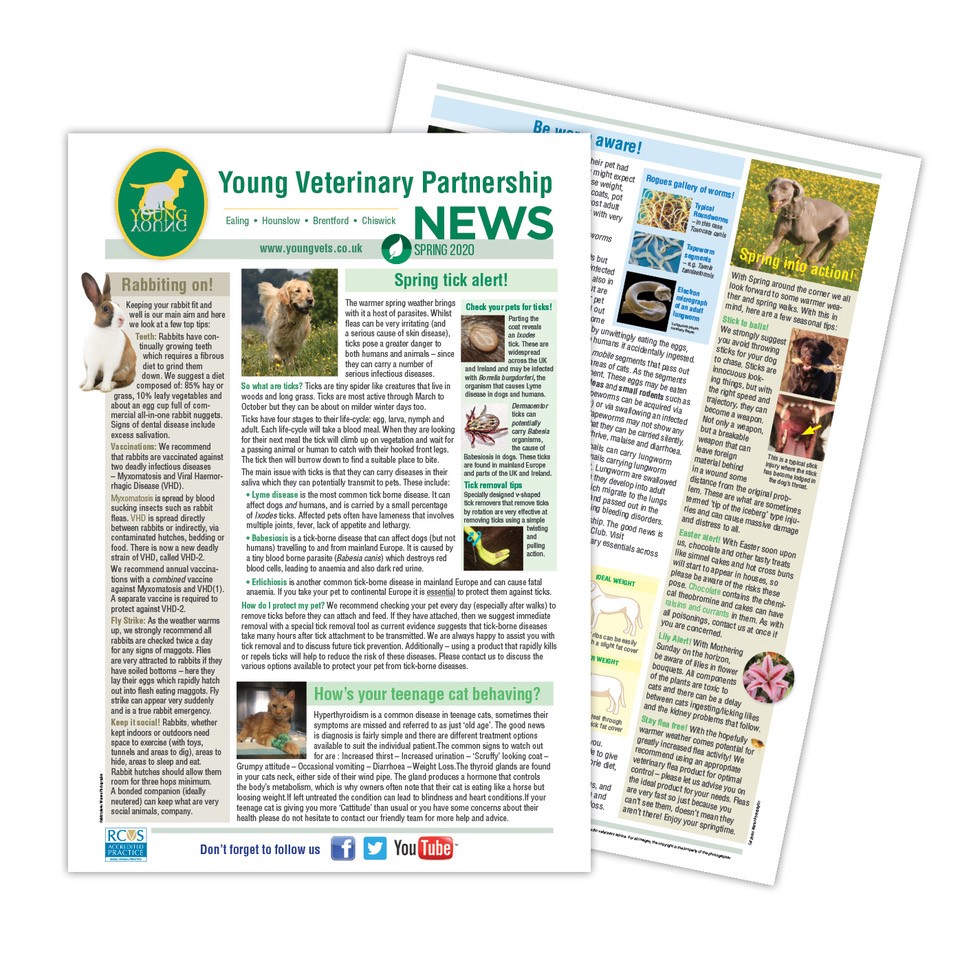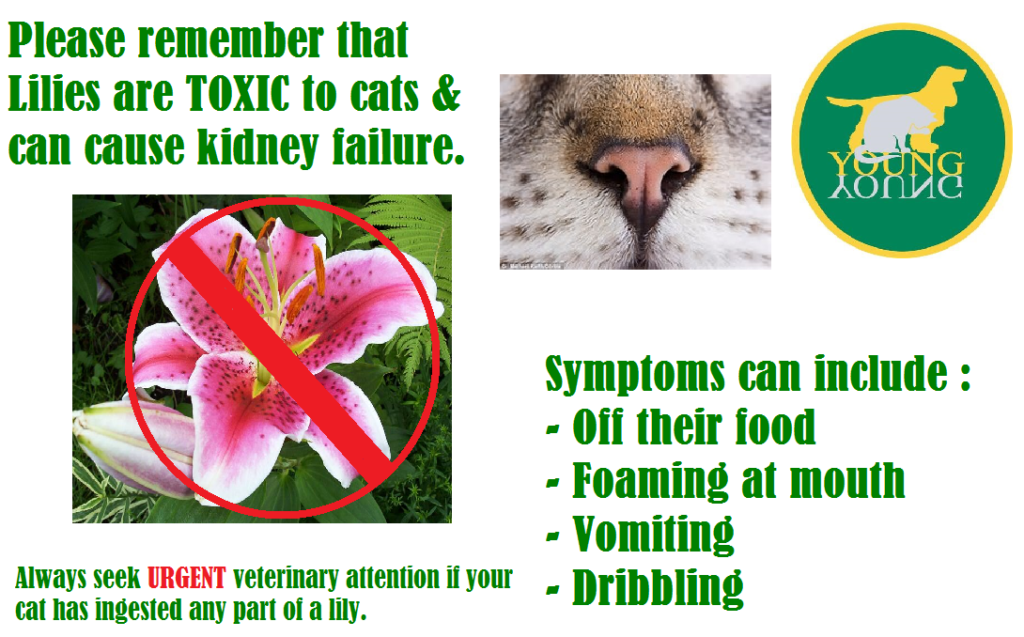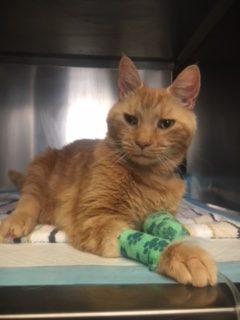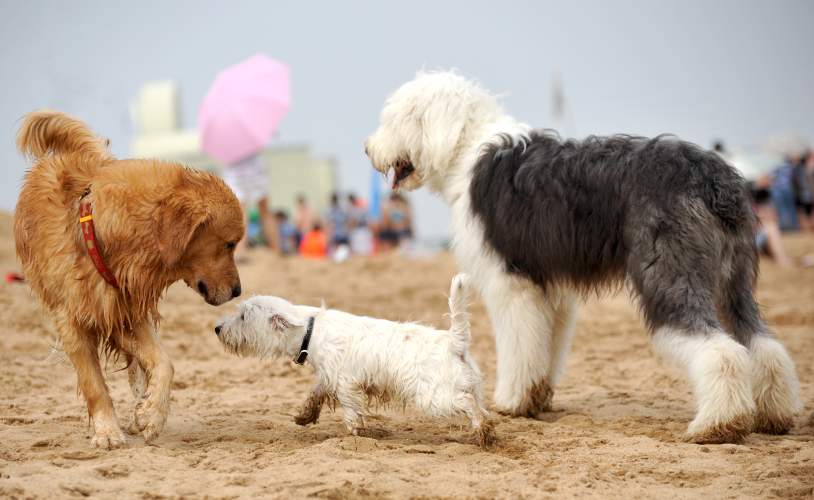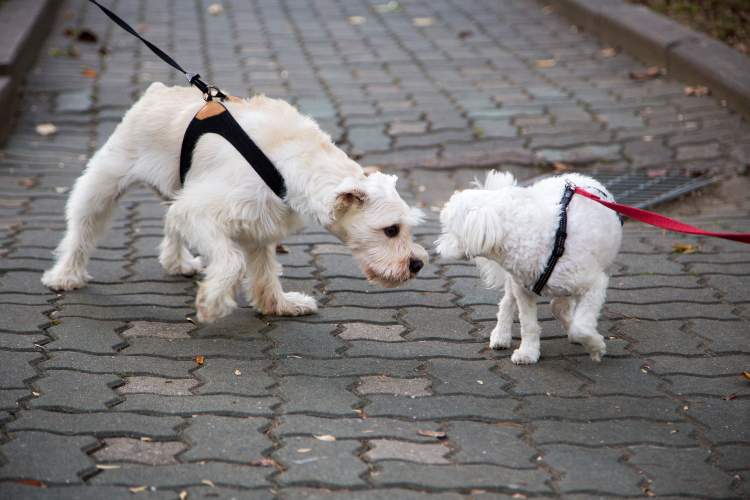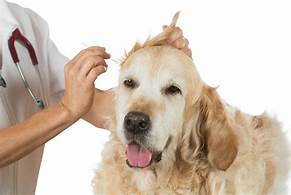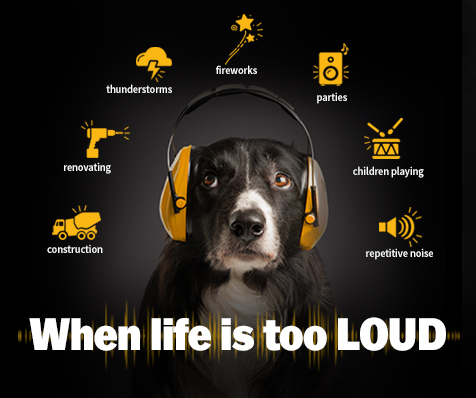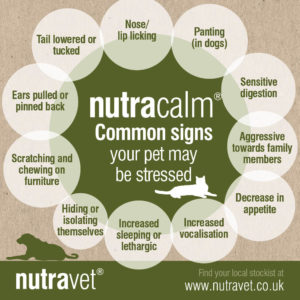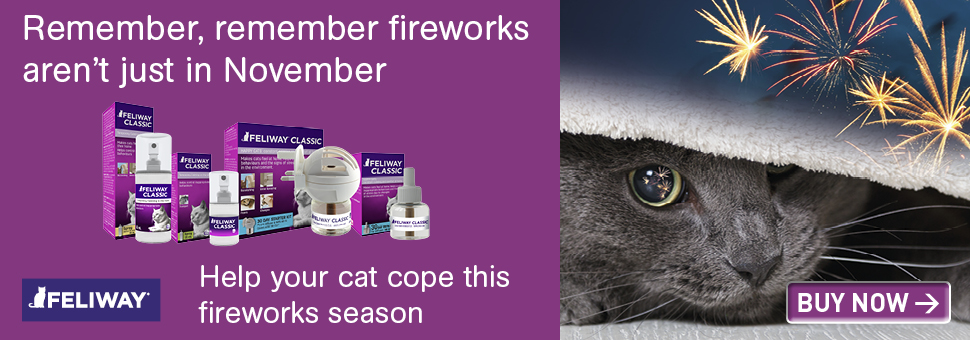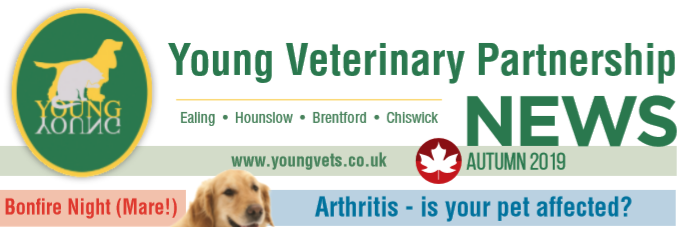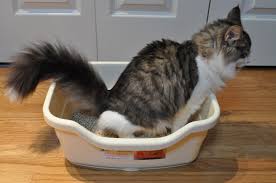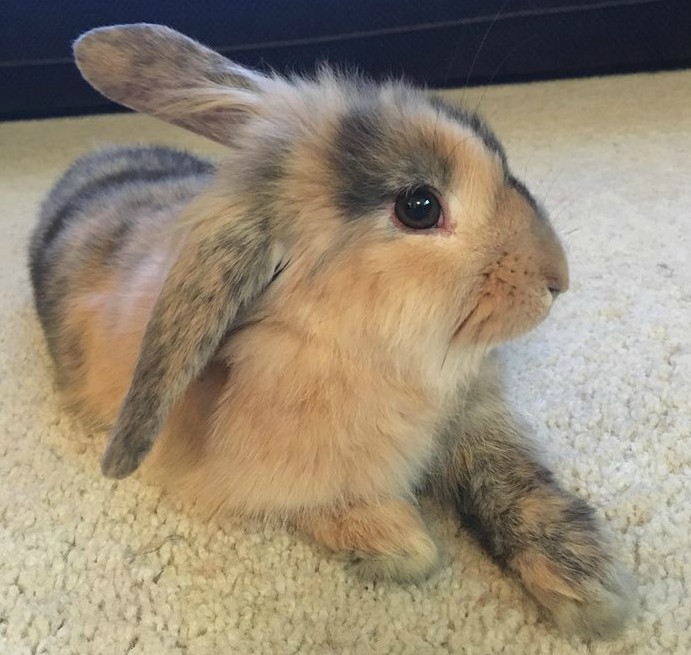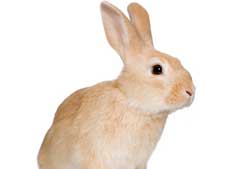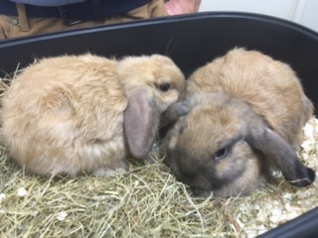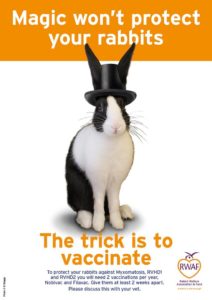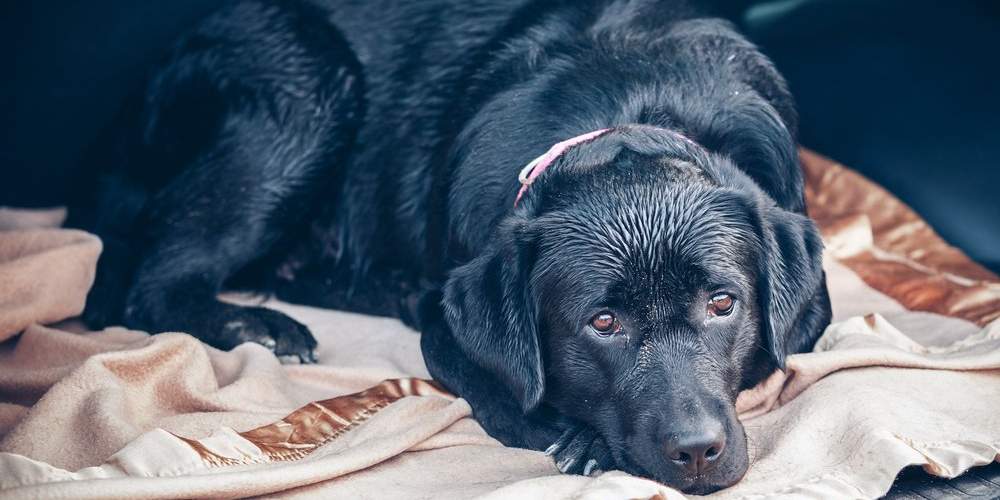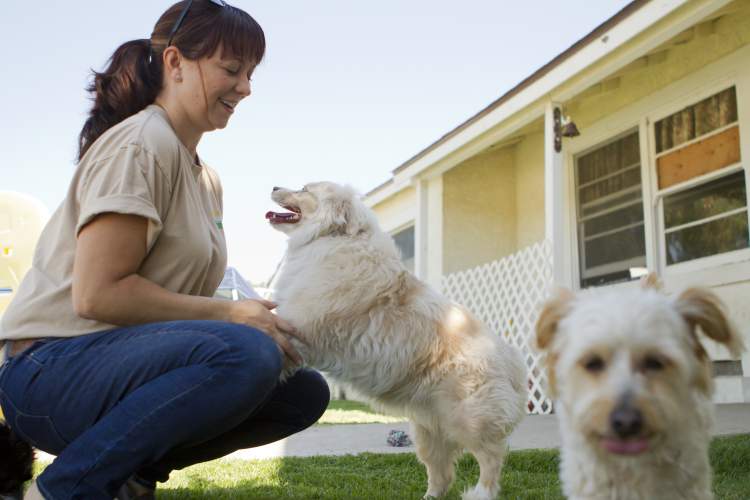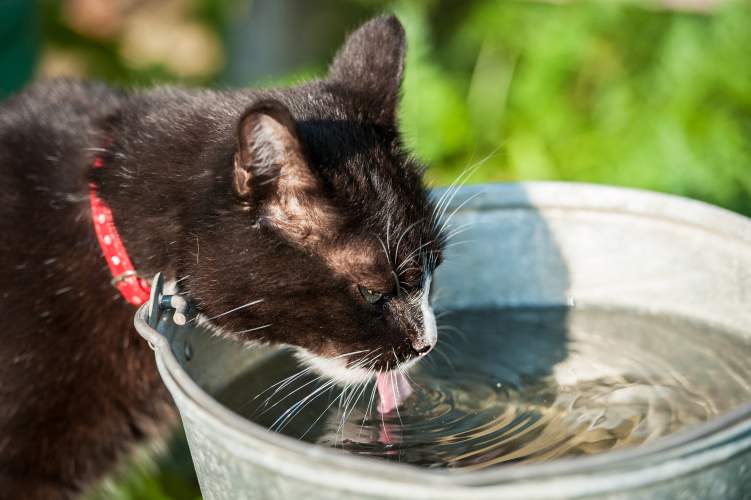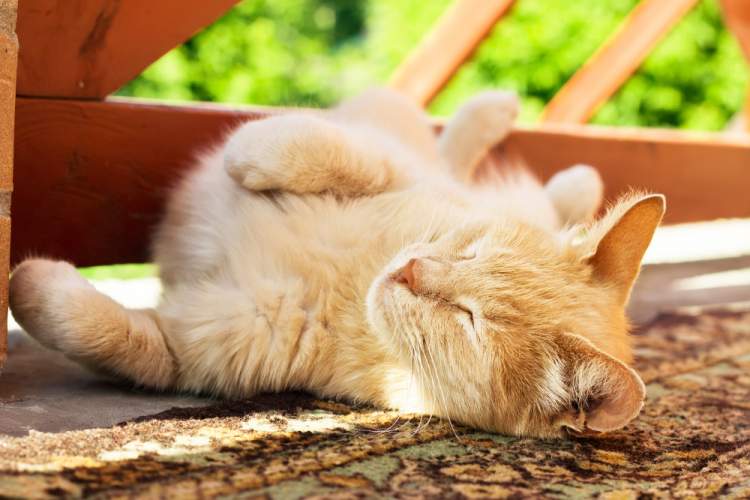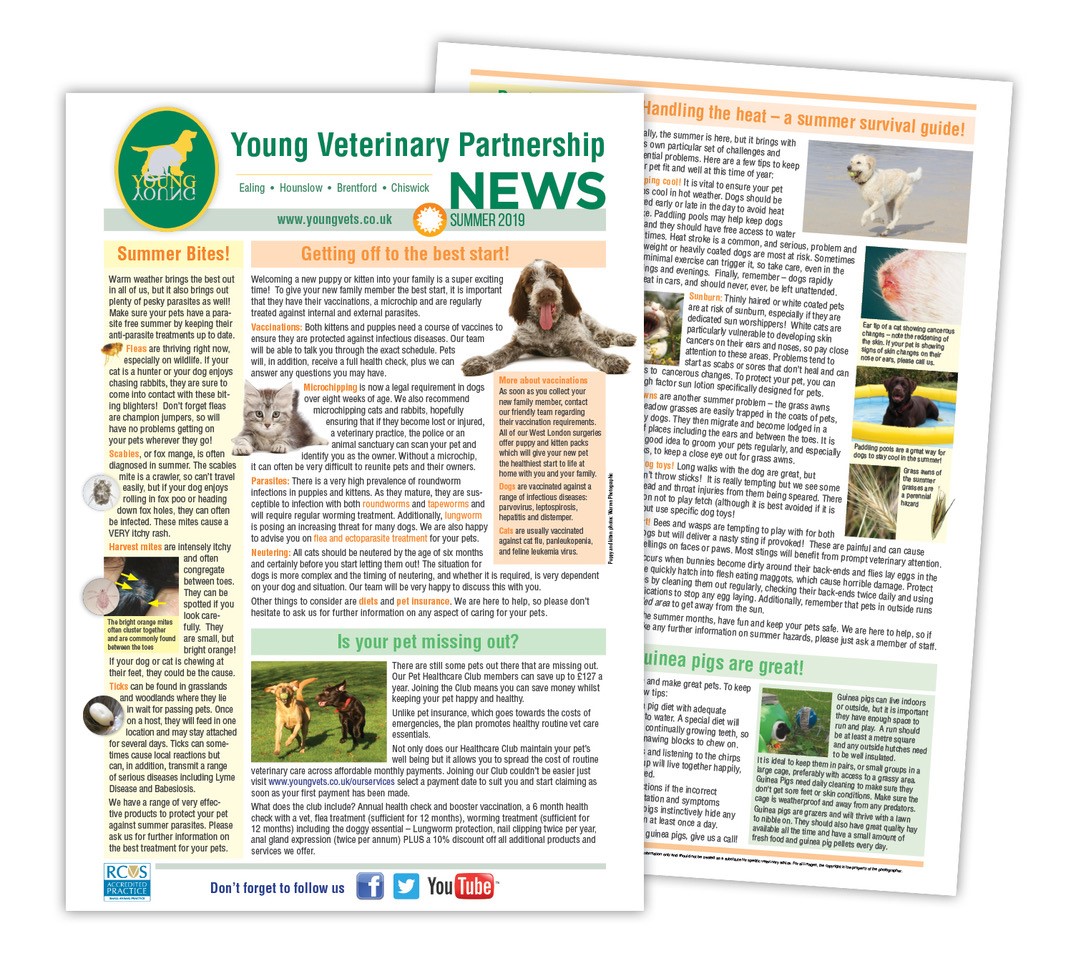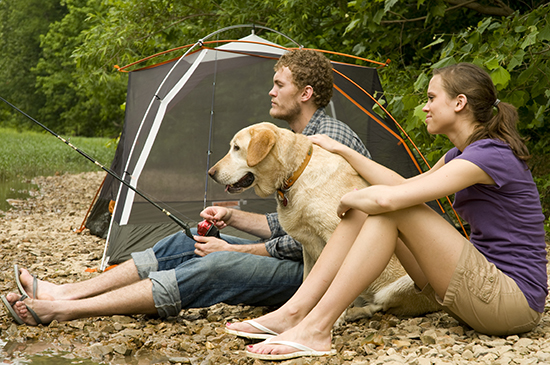The Health Benefits Of Owing A Cat
The health benefits of keeping a cat
We all know that being a cat-owner is enjoyable (most of the time…) but did you know that having a cat actually boosts your health?
Cats reduce your heart attack risk
A ten-year study of over 4,000 Americans found that people who own cats have “a decreased risk for death due to myocardial infarction” (that’s a heart attack to you and me) “and all cardiovascular diseases (including stroke)”. Even people who already had heart problems before agreeing to participate in the study were found to have a higher survival rate than non-cat-owners. The researchers believe it is because cats help their owners relax, and having a way of de-stressing is associated with lower blood pressure and better health in general.
Cats may help you sleep better
You’ve probably heard that pets in the bedroom are bad for your sleep, but it seems the reality is more complicated than that. A report from the Centre for Sleep Medicine at the Mayo Clinic in Arizona says that 41% of pet owners believe their pet has a neutral or beneficial effect on their sleep quality. However, a fifth of pet owners said that their pets disturbed their sleep. You probably already know which category your own cat falls into!
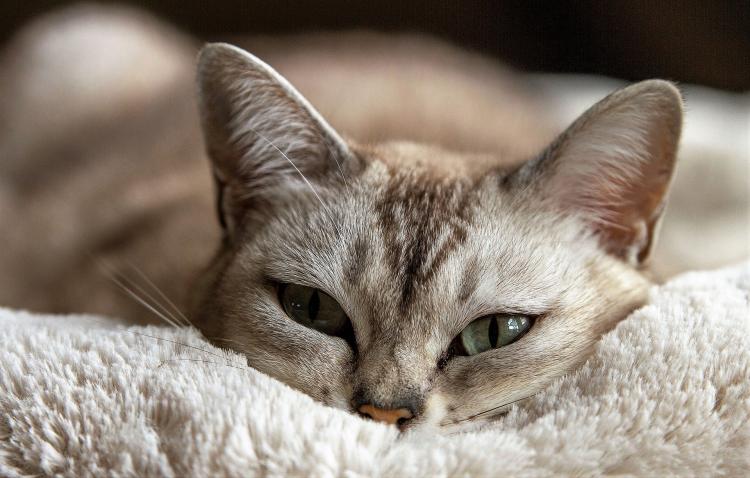
The Health Benefits Of Owning A Cat
Cats keep you mobile
It’s probably not surprising to learn that owning a dog boosts your fitness – after all, you do have to walk it at least twice a day! More surprising that some research even suggests that owning a cat also boosts levels of physical activity as well as mental in elderly people. Older people who owned a pet were found to cope better with everyday activities such as climbing stairs, preparing meals and getting dressed. It didn’t seem to make any difference whether the pet they owned was a dog or a cat. The researchers suggest that this is because taking on a care-taking role gives you a sense of purpose and encourages you to be moderately active. So getting a cat won’t turn you into Usain Bolt, but it might make the difference between leading a highly sedentary life and a moderately active, happier one.
Cats help reduce stress
A few minutes of quality time with you loving moggy can help calm those jangling nerves after a stressful day – just sit and relax together. Is this an old wives’ tale? If you measure certain hormones and chemicals in the human body associated with stress they improve and your blood pressure goes down. So no matter what sort of a day you have had, make room on the sofa for the cat and let it do its magic.
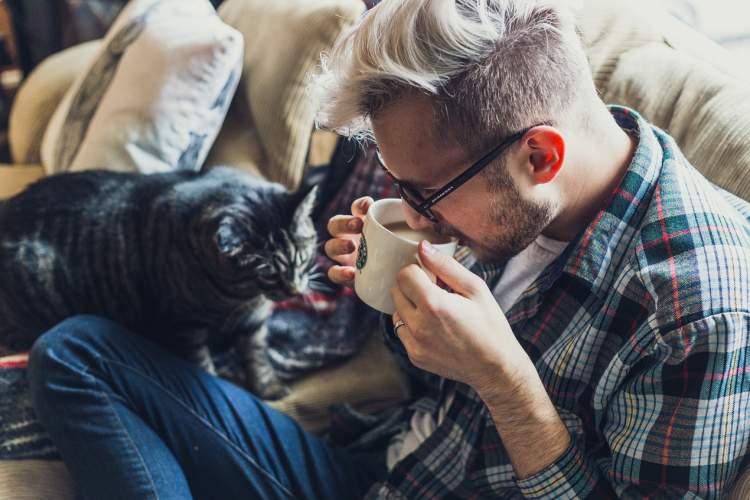
Cats keep you happy!
Maybe you already instinctively knew this, but as we have seen the science backs it up: pet owners are happier. It seems that pets can act as “important sources of social and emotional support” for all pet-owners, including those who already have strong social networks. Pets don’t replace your human friends and they don’t come at the expense of your human relationships – they simply enhance your wellbeing and improve your emotional resilience.
This blog and images have been supplied by petdialog.co.uk
Blog written by Gemma Hopkins BVETMED, CERTVC, MRCVS, RCVS.


